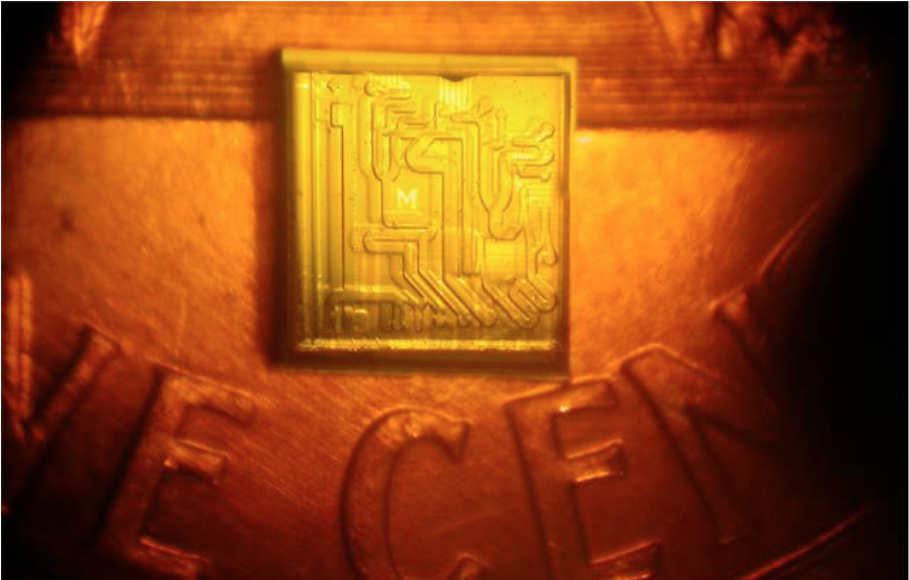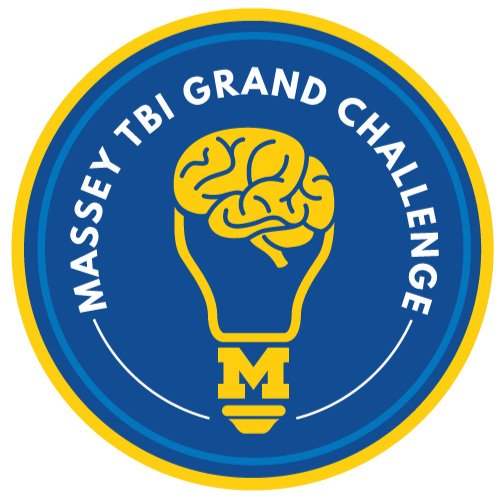Point-of-Care Microfluidic Platform for Detecting Traumatic Brain Injury (TBI)
Value Proposition
TBI patients are usually in a coma, which limits clinicians' ability to monitor responses to treatment in real-time. This device solves that dilemma and is capable of real-time measurement of biofluid markers of TBI, enabling objective and personalized assessment of TBI status and monitoring of patient response to targeted TBI pharmacotherapy.
Competitive Advantage
First-to-market opportunity for real-time point-of-care and point-of-injury monitoring
Significantly smaller and more cost-effective than existing capabilities in the market
Allows for greater precision in determining need for more advanced imaging/diagnostics and as a means to monitor patient trajectory to guide treatments
Usable in austere environments
Unique Features
Customizable multiplexing of biomarkers
Handheld
Sends results directly to a smartphone
Principal Investigators
Fred Korley, MD, PhD
Mark Burns, PhD
Licensing Manager
Jeremy Nelson
Intellectual Property
Invention Disclosure #2019-411
Patent Issued #US20200230603A1, US10845284
Solution Sheet
Download Solution Sheet
Hospitals field nearly a quarter of a million TBI patients yearly, and less than 70% survive. Currently, there are no diagnostics for monitoring response to neuroprotective treatments in severely injured TBI patients. Real-time monitoring via microfluidics will provide clinicians with objective data on the amount of brain cells that are dying and determine whether the treatment being administered is decreasing that number.
The Point-of-Care Microfluidic Platform for Detecting TBI is currently available for optioning while the team works to reduce the size of the device.
Please contact the Licensing Manager, Jeremy Nelson, for more information.
Funding History
$581,617 in non-dilutive funding
2017 $94,693 Massey Grand Challenge
2018 $115,800 Massey Grand Challenge
2019 $107,996 Massey Grand Challenge
2019 $40,000 Schwabauer Accelerator Award
2020 $183,128 Massey Grand Challenge
2020 $40,000 Schwabauer Accelerator Award
Substantial additional departmental, school and center based support
Completed Milestones
Developed prototype of microfluidic chip
Three custom immunoassays for TBI biomarkers of interest
Proof-of-concept on-chip multiplexing of three TBI biomarkers
Preliminary system validation with clinical serum samples
Next Steps
Develop a ruggedized portable detection module
Test the system under extreme conditions (high temperature and humidity)
Customer discovery
Strategic partner discovery
License the technology to an industry partner.



